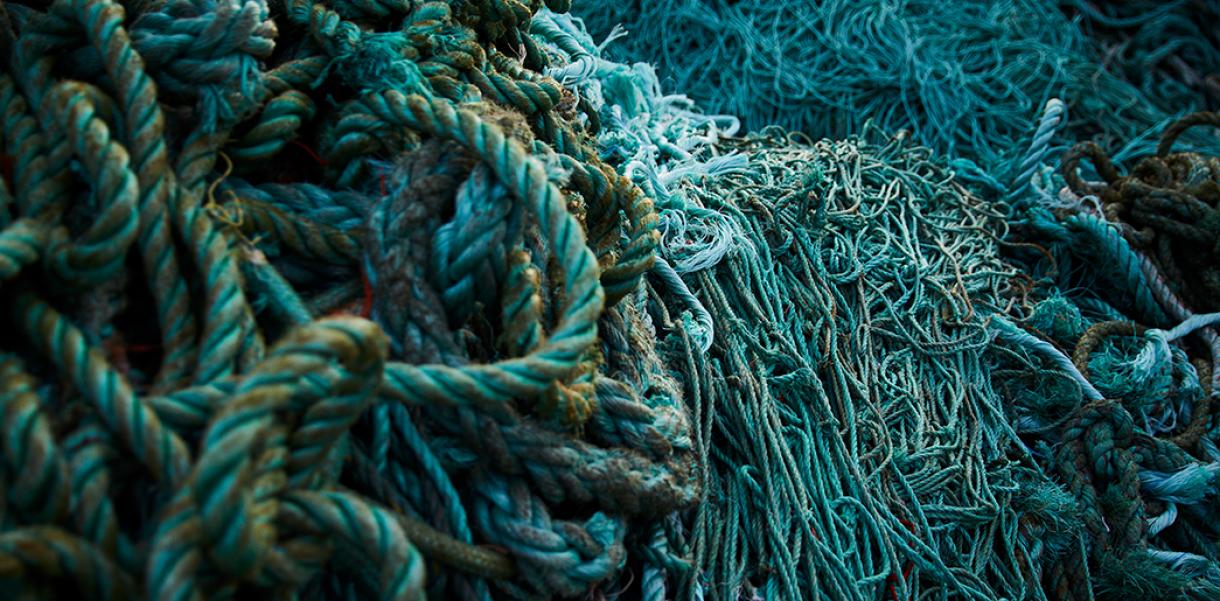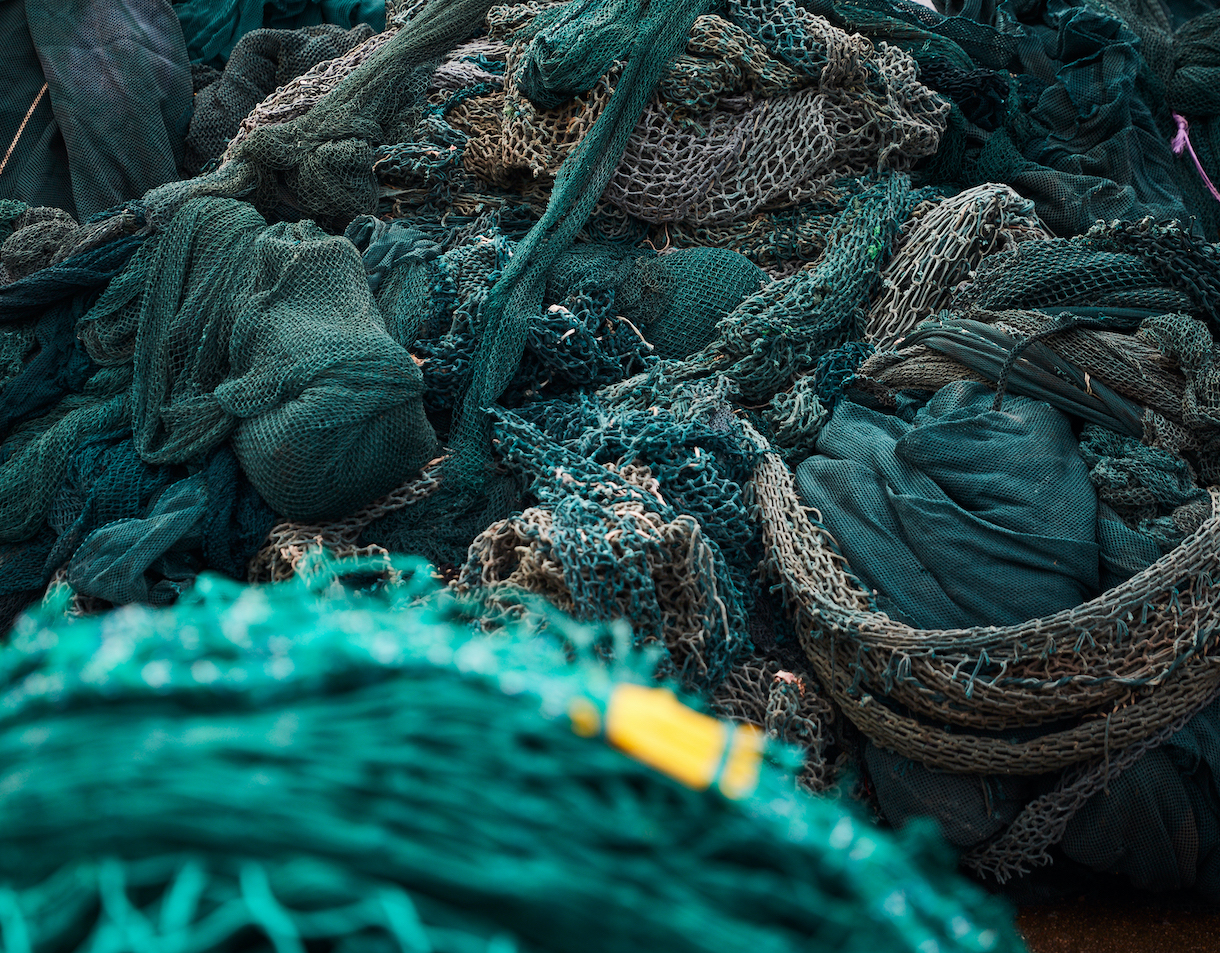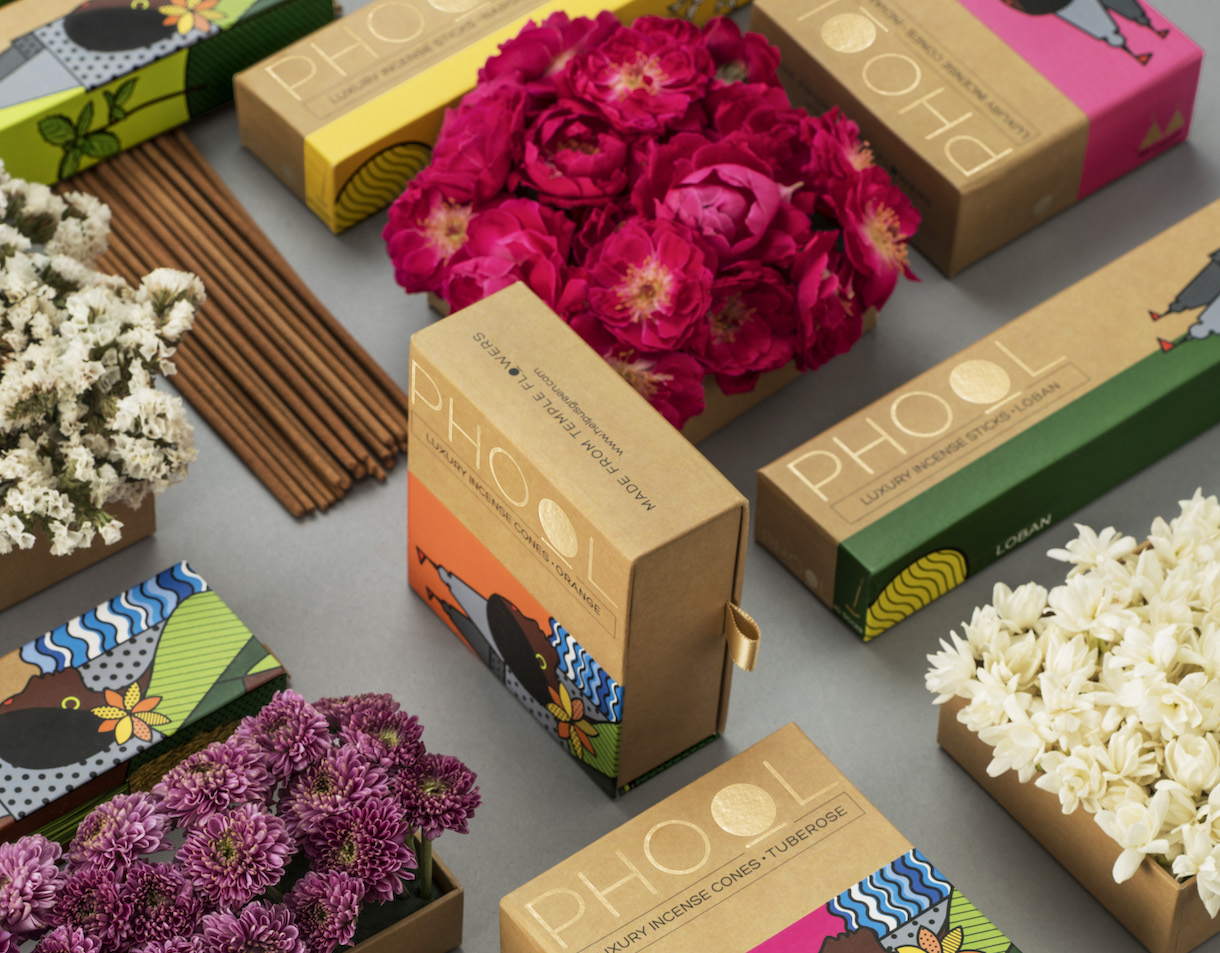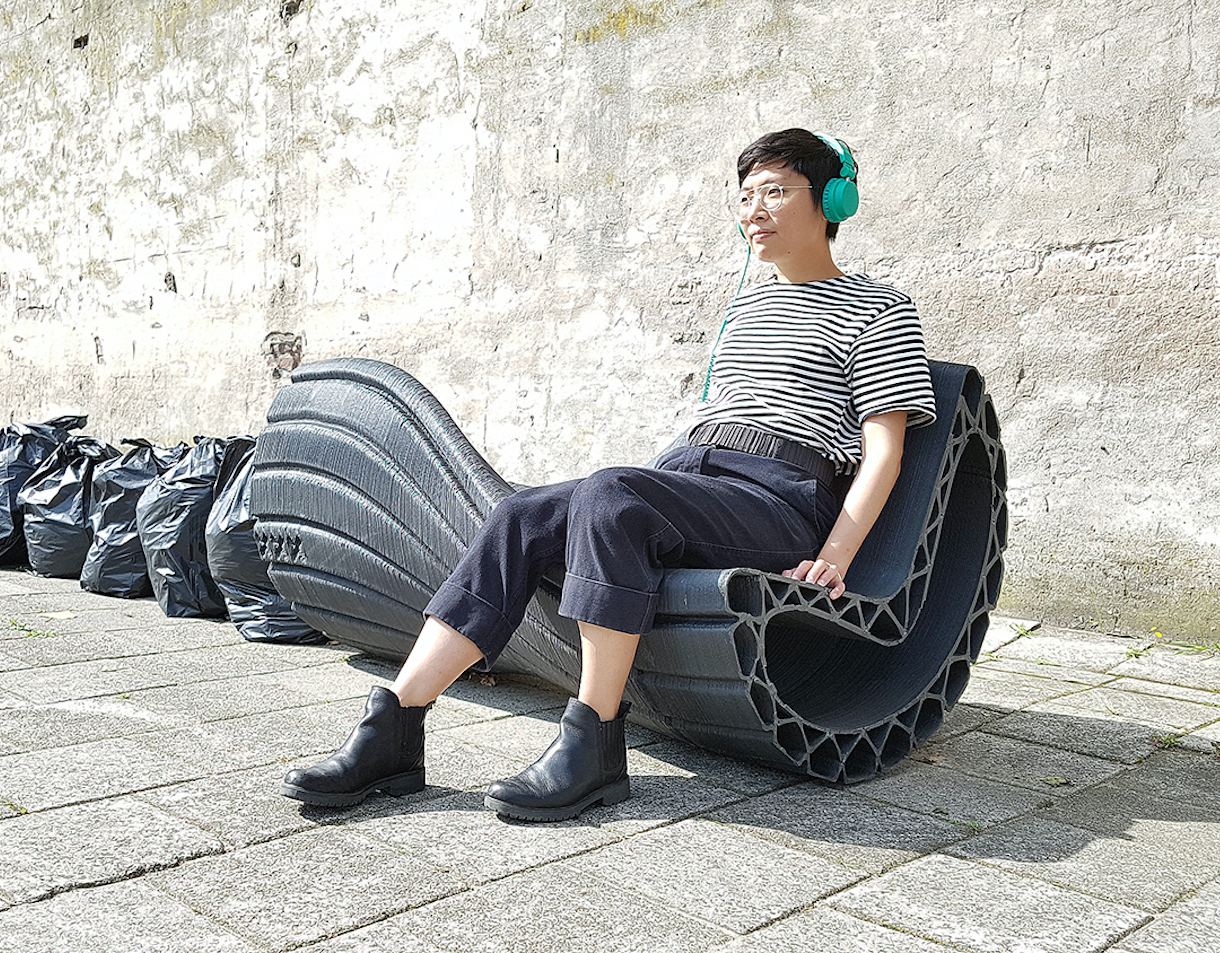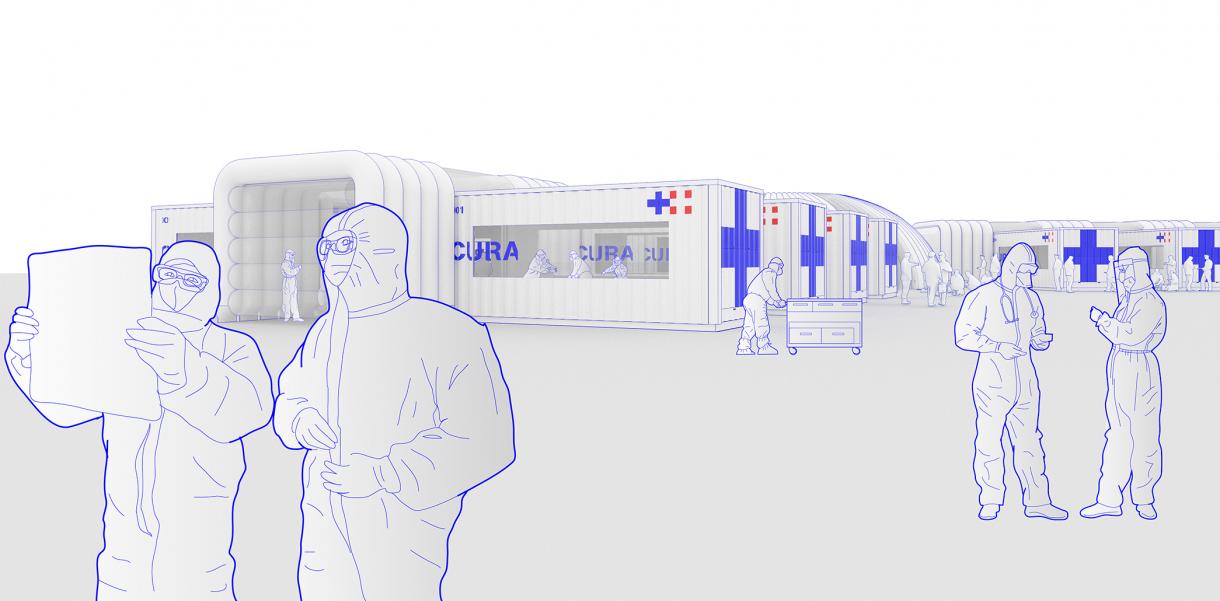Each person on the planet generates an average of 0,74 kilograms of waste per day. But this really varies from person to person, some cap it at 0.11 kgs while others generate a whopping 4.54 kgs! A lot of this waste ends up in landfills and it’s estimated that around 80% of it could be recycled. Thrown-away plastic, paper, metal and glass burden our ecosystems – so, why not bring them back to life?
It takes 500 years for an average-sized plastic bottle to fully decompose. We have a lot of plastic we need to repurpose, and Index Award 2019 Finalist Plastix is doing just that. They turn used fishing nets, ropes and similar plastic into green plastic solutions for companies. When using Plastix’s Green Plastic, companies can reduce their CO2 emission by up to 95%. Plastix shows that we not only need to clean up our mess but make for a systemic change.
Batch.works creates custom 3D-printed artworks and products for independent designers and companies. They use recycled and responsibly resourced materials and design, produce, sell and ship products all in one location. They aim to create sustainable products close to their clients and lower their carbon footprint through local production. Their vision is to revolutionise current slow, rigid and costly manufacturing methods with this more efficient 3D printing process.
3D-printing has proved to be a great way of reusing materials. Print Your City takes the plastic waste of urban communities and prints them into shapes that can be used cities. Their innovative XXX benches represent a call to action, encouraging citizens to recycle their waste. It’s now become a project lead by studio The New Raw with furniture being tested in The Netherlands and Greece.
The sacred flowers of Asian temples get thrown away in masses. In India, the flowers are often thrown into the already murky River Ganges. Phool is the world’s first profitable solution to this problem. On a daily basis, they collect tonnes of flowers, which they then turn into incense, vermicompost and biodegradable packaging. With their female flower-cyclers, they’re designing a new circular economy supported by the religious authorities.

